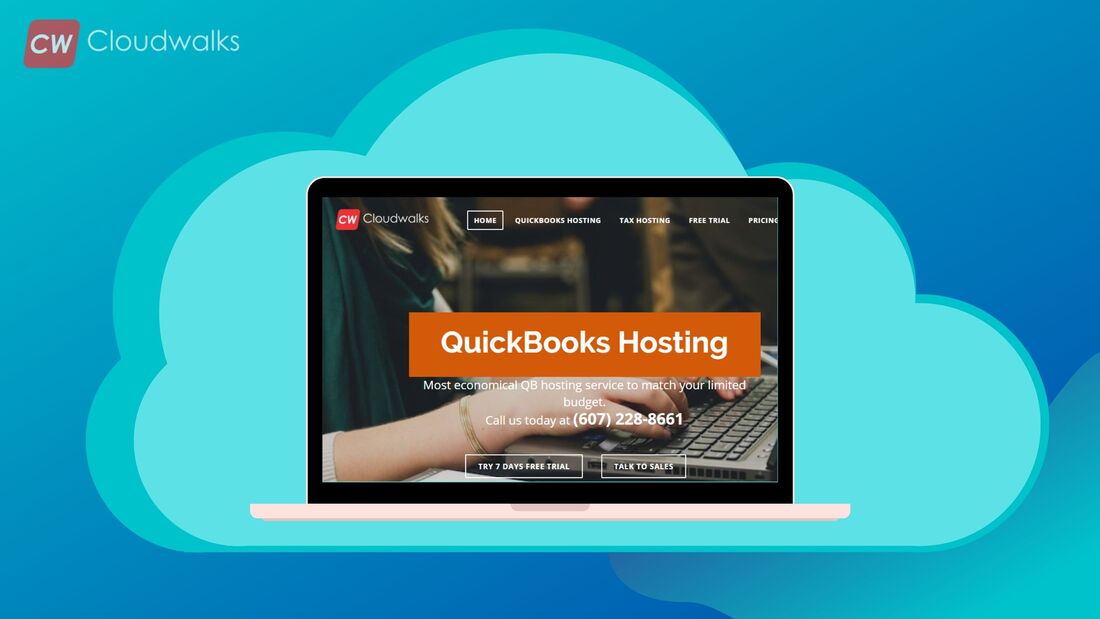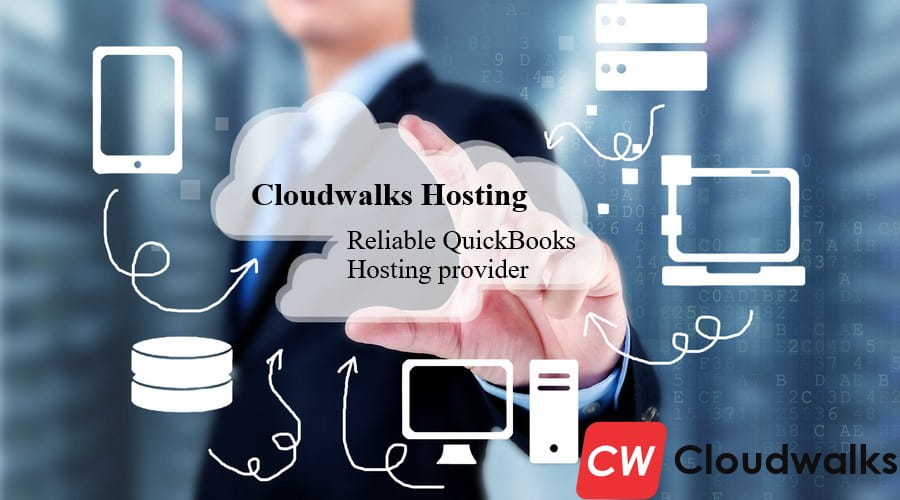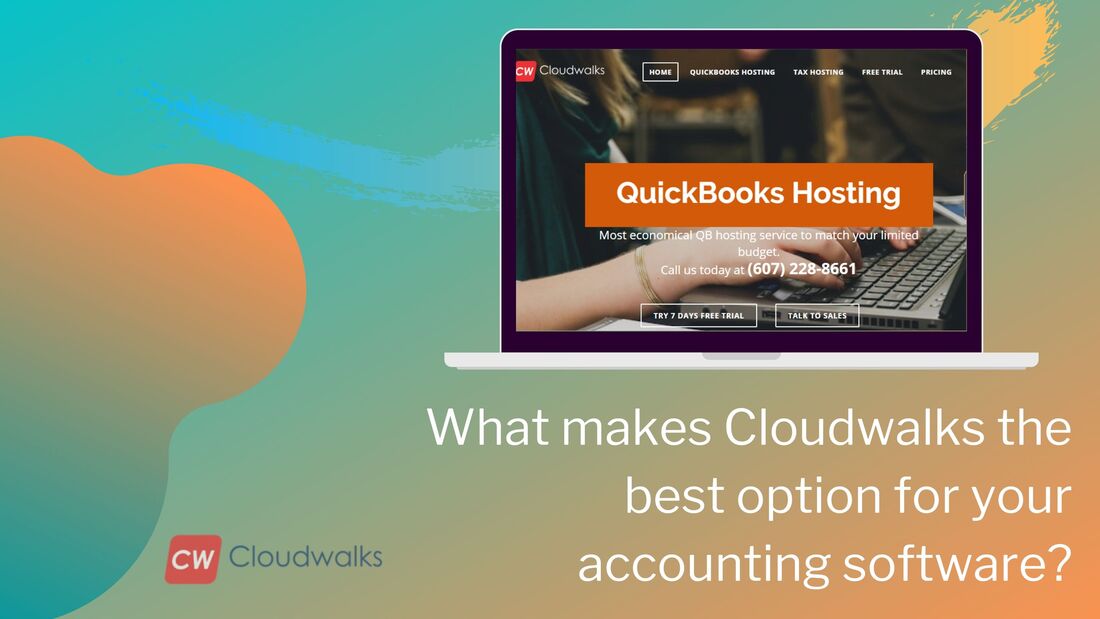|
Do you know what is common among the search engine giant Google, the Multinational Conglomerate Company Alibaba, IBM and Microsoft? They have taken the global cloud computing game to the next stage. To cite an instance, the business email you have opened earlier this morning is a classic example of cloud computation. Even though emailing continues to be the oldest cloud computing technology, the phenomenon has expanded its growth and potential with ample possibilities and developments over the years. If you have plans to invest in cloud computing, or in case, you are skeptical of embracing this technology, either ways, get introduced to the world of possibilities it can create for you. Invest some time in reading this blog and decide yourself. Ensures business scalability Your business can scale up or lower down depending on the projects and paper works associated with the task, number of documents required to be processed regularly and the likes. As a result, it may cause the entrepreneur to look for other modes of storage. Investing in cloud computing technology will make things seamless. Storing data in the past required a lot of investment, management, resources and manual labor. Thanks to cloud computation, businesses across the world get to enjoy seamless operations based on these three scalability types.
So, step a foot forward, rope in and install advanced cloud management software like the IBM Cloud Orchestrator, CloudCraft, OpenStack and AppFormix for improved business scalability, much requisite to keep up with the competitive market. Work practice flexibilityCloud computing technology allows employees to be more flexible with their daily work practices. For example, if you are working as an academic assignment help expert, and the cloud storage system used by your company allows its employees to access data from home or on the go, then you won’t require sitting at office in order to attend student’s queries, upload projects, upgrade directories and the likes. If you have the files ready and every paperwork kept updated, then you can simply use your office’s remote server and other cloud-based applications to streamline communication, send across solutions or resolve other queries, even if you are travelling or at home. Talking of flexibility, the aspect of mobile access gets a special mention. It has been reported that cloud computing allows mobile access to corporate data via Smartphone devices and other modes of mobile communication. Investing in cloud computing ensures compatibility efficiencyThe “collaboration” feature in cloud computing allows your business to continue with the daily workload, by sharing data, collaborating with other users across different channels and maintaining open-ended spreadsheets in an easier way, as compared to the traditional methods. For example, if you are working on multiple projects across various locations, you can harness the potential of cloud computing in order to give your team members, clients, contractors and other third parties access to the same set of files. Cloud computing involves lesser expenses According to reports, 90% of companies are on cloud in today’s world. In another example, 20% of organizations are concerned about the initial cost of setting up a storage server. Can you tell why it is so? Corporate organizations across the globe focus on investing in resources that are less expensive and ensure maximum return on investment. With cloud computing tools like Microsoft Azure (no upfront cost, offers Free trial), New Relic (the Lite version comes for free, and $149 per month for the Premium edition) Datadog (starts only at $15 per host per month) and Google Drive (offers first 15GB for free, and charges $1.00 per month for the next 100GB), you do not require to incur a huge upfront fund to buy all essential storage software and hardware. It ensures enhanced security in every form and shape Francis McKinley, senior IT executive, associated with the digitized academic portal MyAssignmenthelp.com says, “We are rapidly expanding as a team, as a business unit to be precise. In our endeavor to accommodate ample academic resources, blogs and samples to our visitors and create secured backups on their behalf, we need a storage system which can only be materialized and powered by cloud computing.” When it comes to upgrading storage capabilities in an organization, the aspect of security becomes one of the primary concerns for the board of directors. Traditional storage system methodologies might fail to ensure 100% storage security. On the other hand, cloud-based storage systems are designed to prioritize the segment of security and client confidentiality to the fullest. A cloud host’s primary responsibility is to monitor security protocols and seamless functionality of the cloud-based device. If we are to cite real-life instances, 94% of businesses saw a remarkable improvement in security after switching to cloud computing technologies. Here are a few of the most notable features; cloud computation ensures when it comes to security.
Facilitates faster disaster recovery It goes without saying that data loss is a major concern for every organization. No matter how organized and secured your workplace is, there will always be loopholes, mishaps and disasters that cannot be controlled. This is exactly where the role and significance of cloud-based applications come into play. Cloud-based security applications like Cloudify, Morpheus and Bitium are said to provide faster data recovery for all sorts of emergencies. From sudden power outrages to natural disasters; the “quick data recovery” features included in the cloud computing devices are said to cover up all major losses in an efficient and rapid pace. In Conclusion Now that you are aware of the opportunities and commendable benefits of investing in cloud computing, embrace the best software that would suit our niche and start yielding its benefits right away.
Cheers! Author Bio: Sienna Brown is a cloud computing application developer, working on behalf of a leading firm in New York, United States. In addition to it, he is a dedicated assignment writer at MyAssignmenthelp.com
0 Comments
Your comment will be posted after it is approved.
Leave a Reply. |
Most useful blogs |
Hosted Applications |
Tax Hosting Services |
Accounting Applications |
ContactAddress
Cloudwalks Hosting, Inc. 40 Exchange Place, Suite 1602 New York, NY 10005 |


 RSS Feed
RSS Feed




